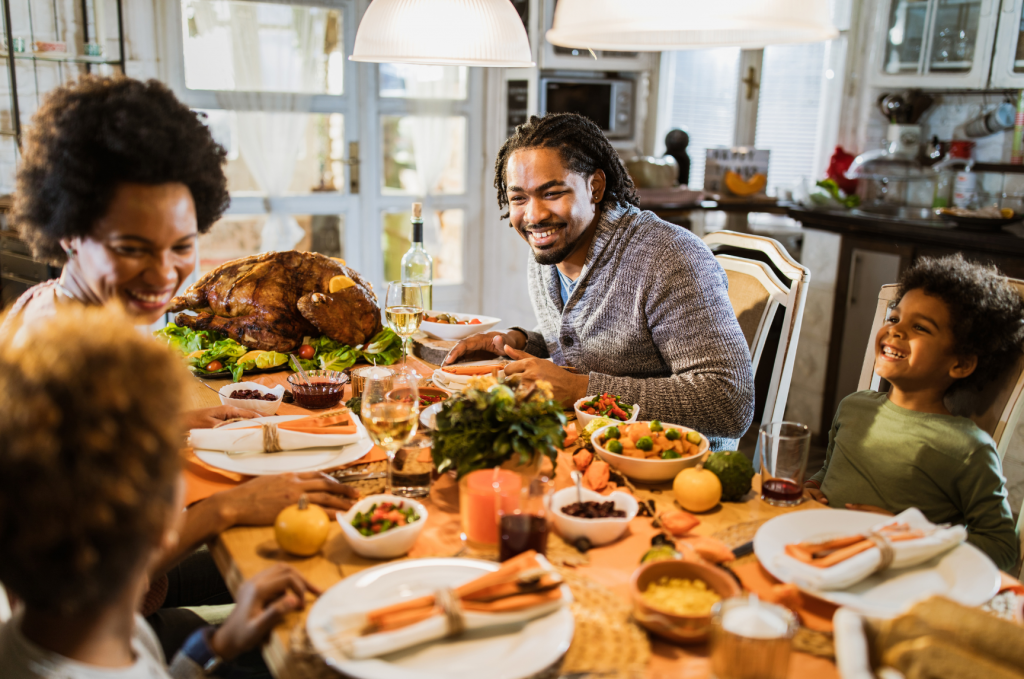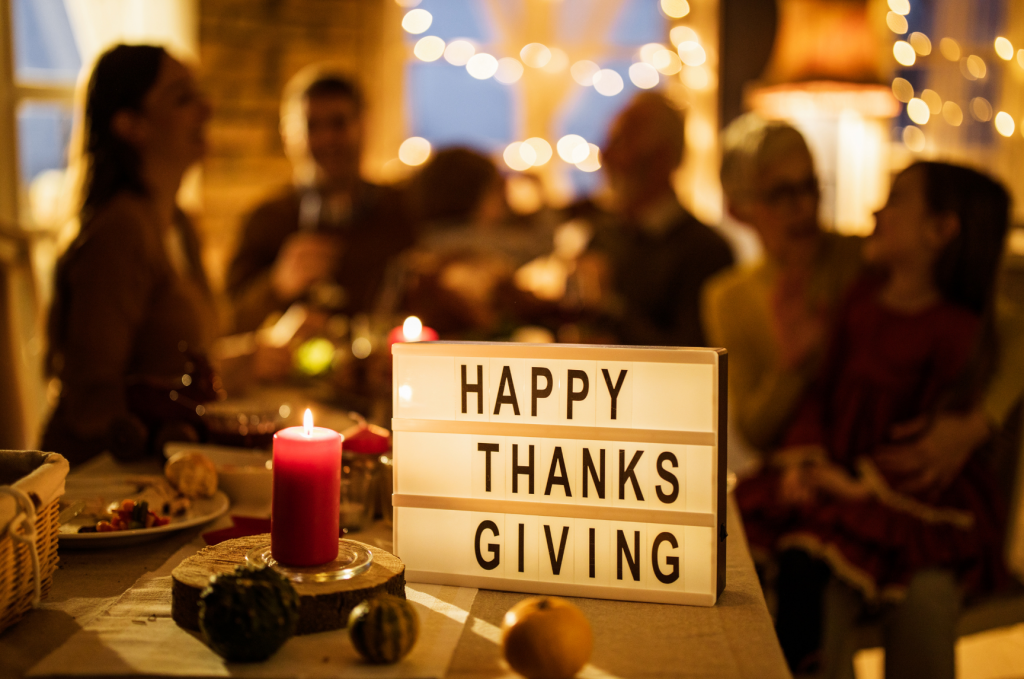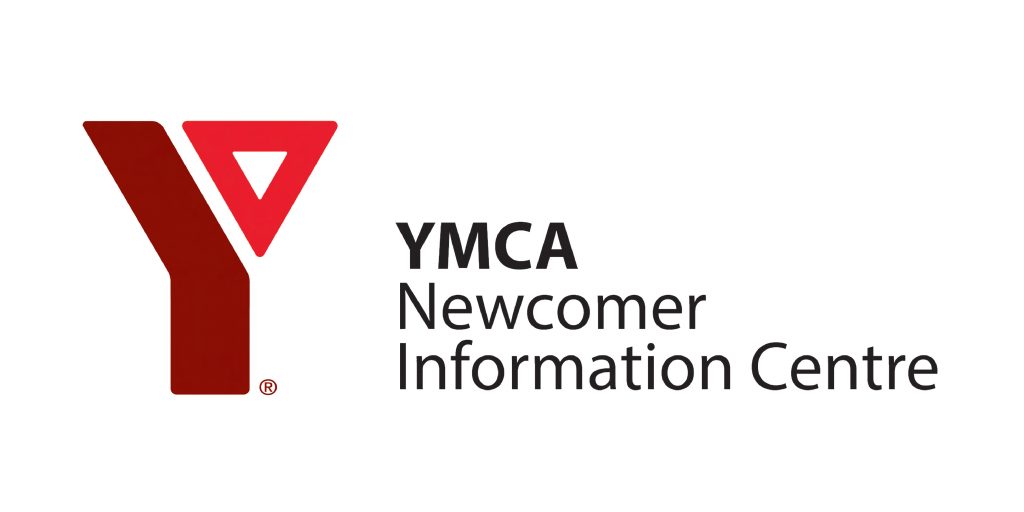Celebrating Your First Thanksgiving – Thanksgiving Culture in Canada
How do Canadians celebrate Thanksgiving?
Thanksgiving in Canada is a national holiday celebrated on the second Monday of October. It’s all about spending time with family and friends and being grateful for what we have. The traditional meal usually includes turkey, stuffing, mashed potatoes, cranberry sauce, and pumpkin pie. While these are common dishes, some families might have their own variations based on personal tastes or cultural backgrounds.
Long-settled immigrants in Canada often blend their cultural traditions with Canadian Thanksgiving practices. Some may prepare traditional Canadian dishes like turkey but might incorporate flavors or dishes from their own heritage. The main idea of being thankful stays the same, but the food can be more diverse. For many immigrant families, Thanksgiving offers an opportunity to celebrate both Canadian customs and their own cultural practices.
Click here to read the history of Thanksgiving in Canada

If you are celebrating your first Thanksgiving in Canada, here are a few tips:
- Understand the Purpose. Thanksgiving is not only about the food; it’s about expressing gratitude for what you have. Celebrate it with close friends and family, or even host a small gathering. Focus on the themes of thankfulness, togetherness, and reflection.
- Turkey is Optional. It’s not mandatory to serve turkey. You can prepare different dishes that meet your and your guests’ dietary restrictions or cultural practices. Some people serve chicken, ham, or vegetarian options like roasted vegetables or plant-based alternatives. You can also consider hosting a ‘potluck’ dinner where everyone brings a dish from their culture.
- Volunteer to Give Back. Some people choose to give back to the community by volunteering at soup kitchens, food banks, or other charitable organizations, which makes it a good way to get involved and meet new people.
- Enjoy the Season. You can also consider visiting a pumpkin patch, apple picking, or simply enjoying the beauty of autumn.
I’m invited to a Thanksgiving meal. What etiquette should I be aware of?

If this is your first time being invited to a Thanksgiving meal, here are some etiquette tips and suggestions to help you navigate the experience smoothly:
- RSVP Promptly. If you receive an invitation, respond as soon as possible to let your host know whether or not you can attend. If you can’t make it to the meal, it’s always polite to express gratitude for the invitation.
- Showing Up on Time. Clarify the timing of the event so you know when to arrive. It’s essential to arrive on time, but avoid arriving too early.
- Respect Dietary Restrictions. If you have dietary restrictions, let your host know politely in advance. You could offer to bring a dish that accommodates your needs without putting extra pressure on the host to adjust the entire meal.
- Bring a Small Gift. It’s customary to bring a small gift to show appreciation. Some thoughtful options are wine, a bouquet of flowers, chocolates, aromatic candles, or homemade jam. If you are bringing food items, always ask if there are any dietary restrictions you should be aware of.
- Help Out. Offering help to set up the table, serving food, or cleaning up afterward is a thoughtful gesture. Even if they decline, your offer will be appreciated.
- Mind Your Portions. Thanksgiving meal can be large, with many dishes on the table. If the meal is served buffet style, it’s recommended to take small portions of each dish. This way, you can sample a variety of foods and go back for seconds. This is a good way to ensure there’s enough food for everyone and avoid having too many leftovers on your plate.
- Express Gratitude. Before or during the meal, the host may encourage the guests to take turns sharing what they’re thankful for. Participate in this tradition if it happens, and take the opportunity to thank your host for inviting you into their home.
Have you recently arrived in the Greater Toronto Area or Ontario? Visit the YMCA GTA Newcomer Information Centre to get reliable settlement information and available programs for newcomers.






